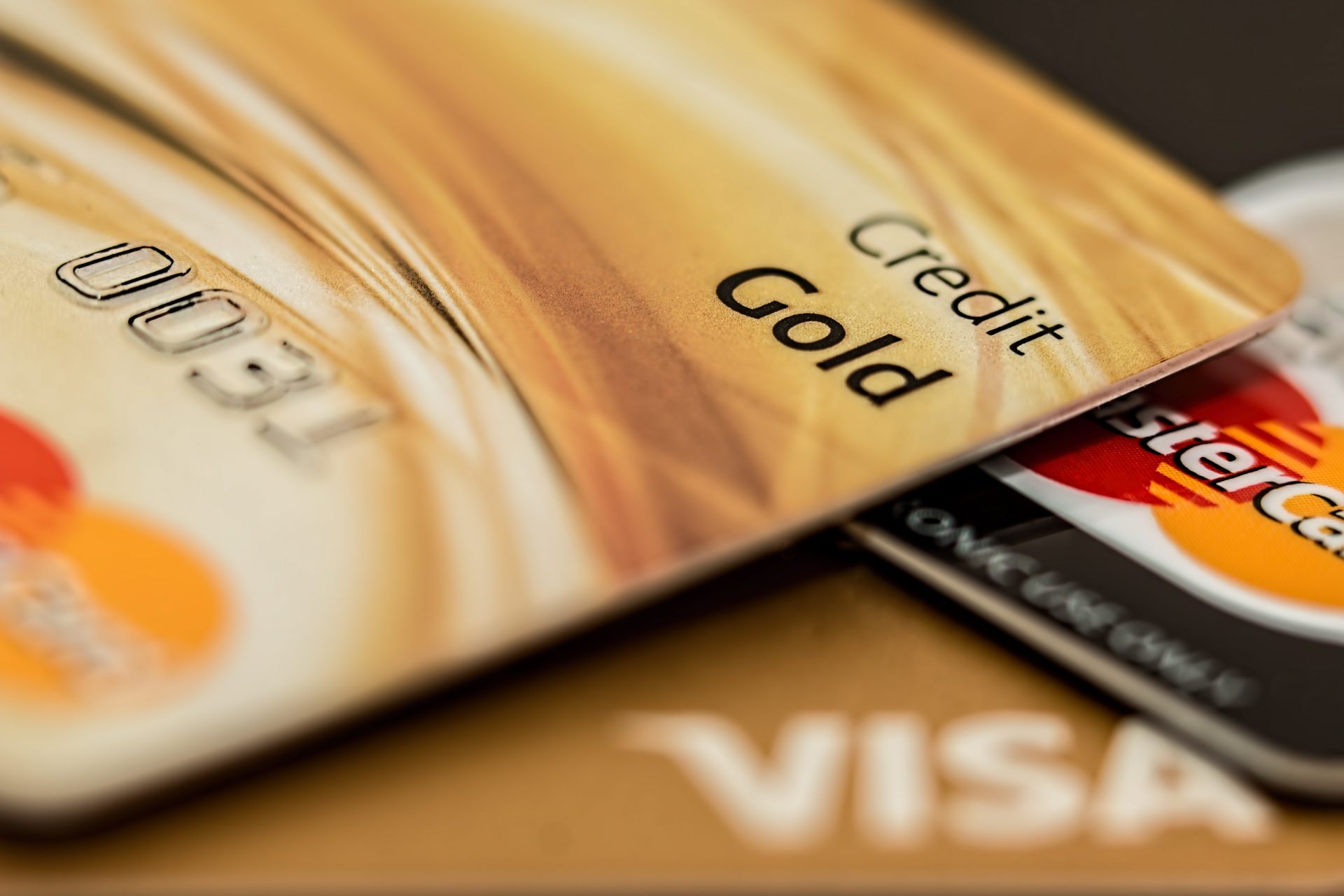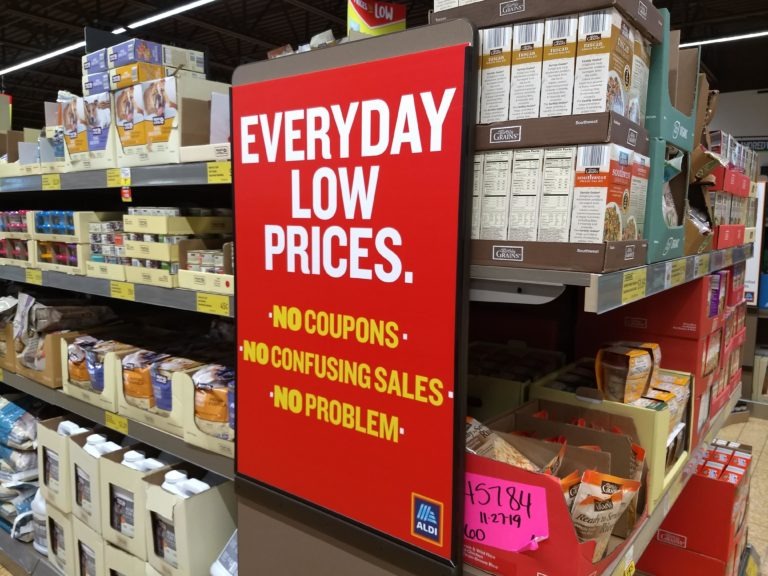Should I Use Credit Cards?
There are plenty of debates that go on in personal finance, but one of the bigger ones is the subject of cash versus credit. Some financial gurus believe in swearing off credit entirely, going to a cash-only approach like the “envelope system.” Others rave about all the different credit cards out there and how they can be used for short-term no-interest loans or for various rewards, like cash back.
My wife and I often talk about making the most of what you have, and most people have some degree of credit. So should you use it, specifically when it comes to credit cards?
For us, the question comes down to this:
Are You Working for Your Credit Card, Or Is Your Credit Card Working For You?
Keep in mind that a credit card is a money-making enterprise of the credit card issuer. They get a cut of every transaction you swipe (between 1-3%, depending on the card and business) and also make money off of users directly, through various means. Since most (but not all) merchants are not allowed to pass swipe fees onto you, the way in which you can be most affected by credit cards is if you are paying the company.
That second part — the money you pay to the credit card company — is really at the heart of this question.
Are You Working for Your Credit Card?
By working for your card, I mean this: are you paying your hard-earned money to a credit card company in the form of fees and interest, which are over and above the money you use to buy things with the credit card?
Credit cards certainly want you to. Some credit card companies, for example, send out “checks” that they would encourage people to write, not telling consumers in clear language that those checks come with heavy fees attached. Credit card companies also, of course, charge interest fees on unpaid balances, and some charge annual fees to be able to use the card.
“But my card has a low-interest loan,” some might point out. That may be true, and those can be ways of leveraging credit to transfer a high-interest debt to a lower-interest credit card. But those low-interest credit rates can spike to high interest, too, so users have to be careful.
Is Your Credit Card Working for You?
On the other hand, there are some fantastic ways that a credit card can work for you. Many credit cards …
- Provide zero liability if your card is stolen.
- Provide some protection if a user purchases a defective product that the seller will not accept on return.
- Have rewards, such as cash back or frequent flyer miles.
- Have online tools that let you track your spending.
- Try to get the best conversion rate when you’re traveling abroad.
- May have a number of other perks.
Credit cards can also help you establish credit to make larger purchases. In my case, for example, a credit card helped me get credit to buy a car, and, later on, a home. The value of being able to leverage established credit in those kinds of big purchases is no small deal.
So What To Do?
In our experience, the best way to determine whether to use credit cards is to ask who is working for whom. If your credit card is working for you, then–no surprise–you probably want to keep it working for you.
On the other hand, if you are working for your credit cards, you may want to think hard about cutting them … or at least dropping down to a single card that you only use for, say, gas. But this is where you also have to know yourself. If you know the temptation to overspend will be there, getting rid of a card entirely–and going either to debit or simply cash–is worth considering.







